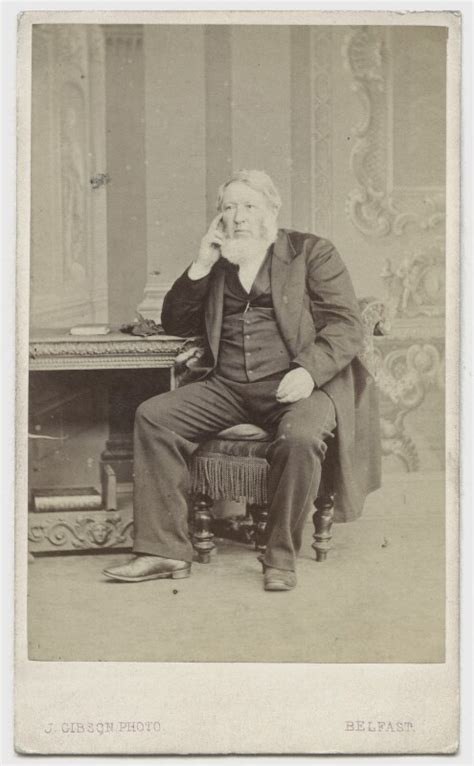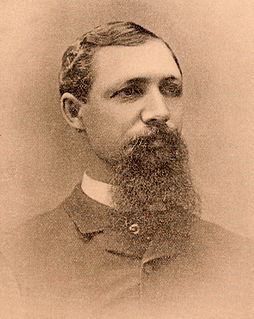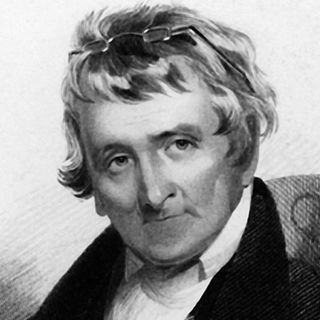A Quote by William Gurnall
The Christian is to proclaim and prosecute an irreconcilable war against his bosom sins; those sins which have lain nearest his heart, must now be trampled under his feet.
Related Quotes
To judge sins is the business of one who is sinless, but who is sinless except God? Who ever thinks about the multitude of his own sins in his heart never wants to make the sins of others a topic of conversation. To judge a man who has gone astray is a sign of pride, and God resists the proud. On the other hand, one who every hour prepares himself to give answer for his own sins will not quickly lift up his head to examine the mistakes of others.
What an unbearable creature he must have been in those days--and yet in those days he had been comparatively innocent. That was another mystery: it sometimes seemed to him that venial sins--impatience, an unimportant lie, pride, a neglected opportunity--cut you off from grace more completely than the worst sins of all. Then, in his innocence, he had felt no love for anyone; now in his corruption he had learnt.
Though we have clear and full scriptures in the New Testament for abolishing the Ceremonial law, yet we nowhere read in all the new Testament of the abolishing of the Judicial law, so far as it did concern the punishing of sins against the Moral law, of which Heresy and seducing of souls is one, and a great one. Once God did reveal his will for punishing those sins by such and such punishments. He who will hold that the Christian Magistrate is not bound to inflict such punishments for such sins, is bound to prove that those former laws of God are abolished, and to shew some scripture for it.
So many sins against the poor cry out to high heaven! One of the most deadly sins is to deprive the laborer of his hire. There is another: to instill in him paltry desires so compulsive that he is willing to sell his liberty and his honor to satisfy them. We are all guilty of concupiscence, but newspapers, radios, television, and battalions of advertising men (woe to that generation!) deliberately stimulate our desires, the satisfaction of which so often means the degradation of the family.
To free a man from suffering, he must be set right, put in health; and the health at the root of man's being, his rightness, is to be free from wrongness, that is, from sin. A man is right when there is no wrong in him. I do not mean set free from the sins he has done: that will follow; I mean the sins he is doing, or is capable of doing; the sins in his being which spoil his nature — the wrongness in him — the evil he consents to; the sin he is, which makes him do the sin he does.
If, in the case of the worst sinners and those who formerly sinned much against God, when afterwards they believe, the remission of their sins is granted and no one is held back from baptism and grace, how much more, then, should an infant not be held back, who, having but recently been born, has done no sin, except that, born of the flesh according to Adam, he has contracted the contagion of that old death from his first being born. For this very reason does he [an infant] approach more easily to receive the remission of sins: because the sins forgiven him are not his own but those of another
Some sins do bear their privilege on earth,
And so doth yours: your fault was not your folly;
Needs must you lay your heart at his dispose,
Subjected tribute to commanding love,
Against whose fury and unmatched force
The aweless lion could not wage the fight
Nor keep his princely heart from Richard's hand.
This doctrine of forgiveness of sin is a premium on crime. Forgive us our sins means Let us continue in our iniquity. It is one of the most pernicious of doctrines, and one of the most fruitful sources of immorality. It has been the chief cause of making Christian nations the most immoral of nations. In teaching this doctrine Christ committed a sin for which his death did not atone, and which can never be forgiven. There is no forgiveness of sin. Every cause has its effect; every sinner must suffer the consequences of his sins.
There is no such thing as a good influence. Because to influence a person is to give him one's own soul. He does not think his natural thoughts, or burn with his natural passions. His virtures are not real to him. His sins, if there are such thing as sins, are borrowed. He becomes an echo of someone else's music, an actor of a part that has not been written for him.
Christ will be master of the heart, and sin must be mortified. If your life is unholy, then your heart is unchanged, and you are an unsaved person. The Savior will sanctify His people, renew them, give them a hatred of sin, and a love of holiness. The grace that does not make a man better than others is a worthless counterfeit. Christ saves His people, not IN their sins, but FROM their sins. Without holiness, no man shall see the Lord.



































